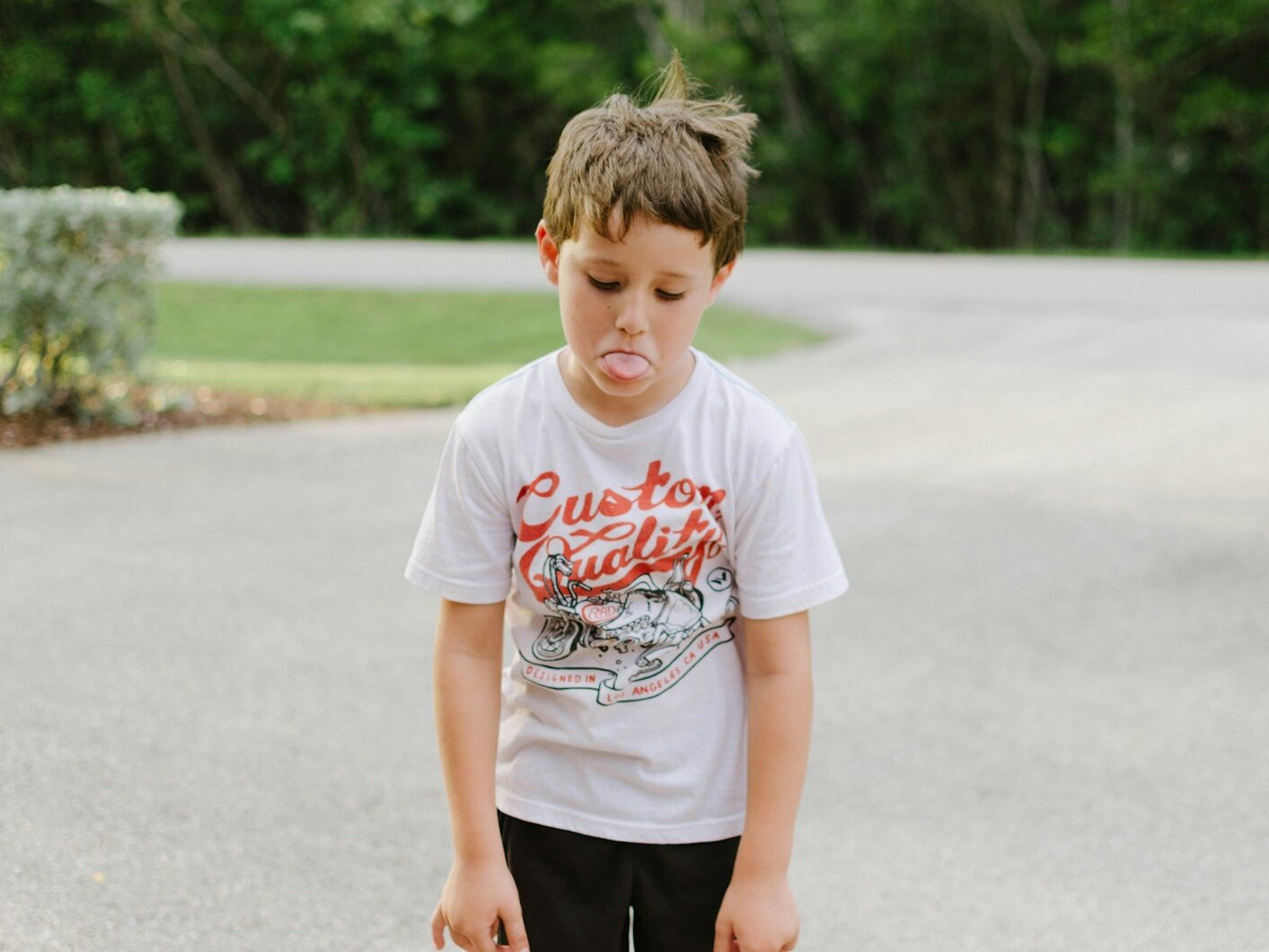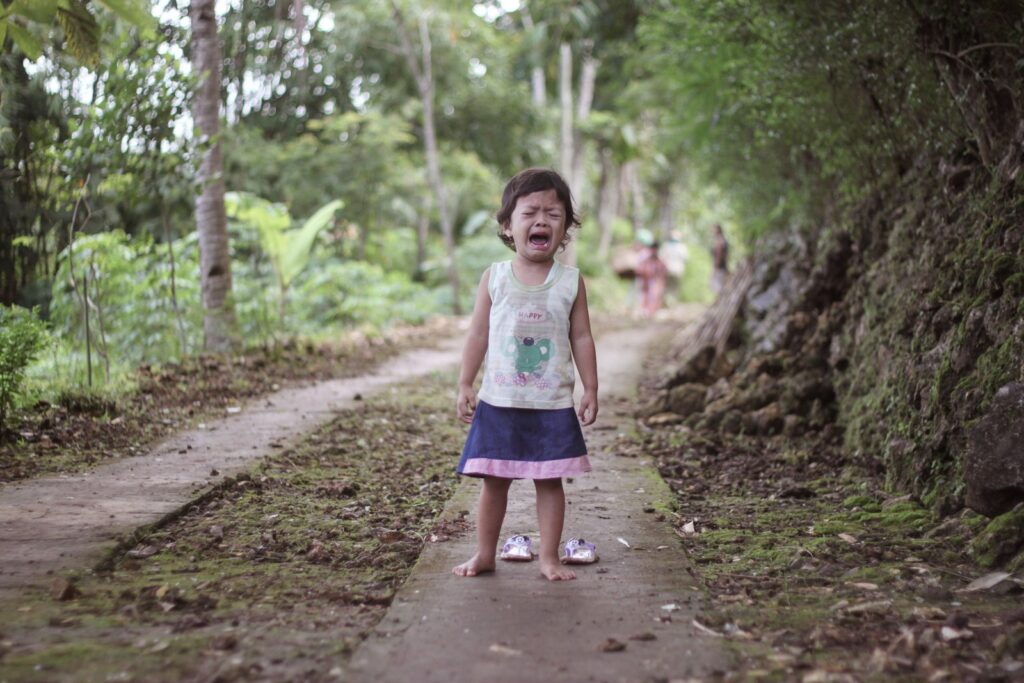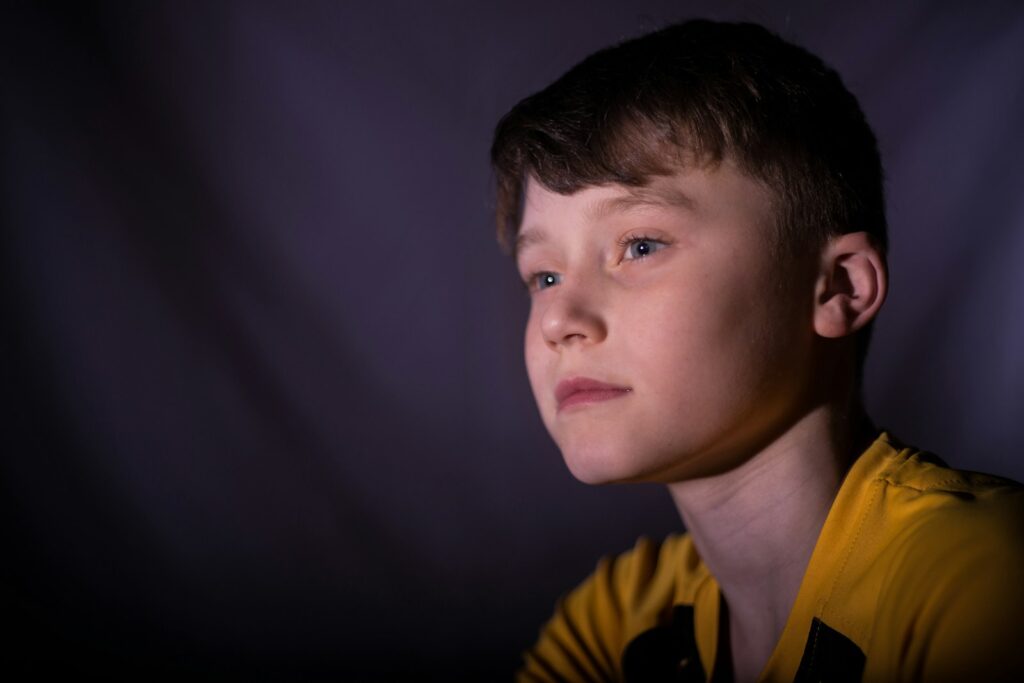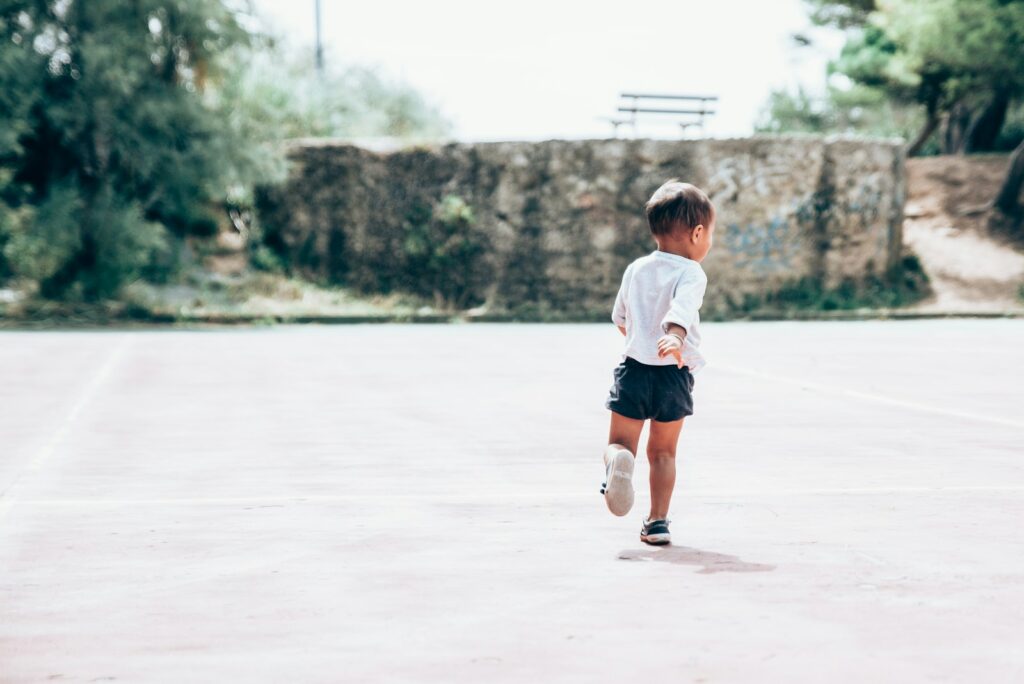Lifestyle
15 Things You Should Never Say to a Child

Words stick with children for a very long time—sometimes for life. A simple phrase said in frustration can shape their self-esteem, behavior, or even their worldview. Adults who have experienced childhood trauma struggle with problems like anxiety and depression. Here are 15 things you should avoid saying to kids and what to say instead.
“Stop crying!”

Crying isn’t bad behavior—it’s a natural emotional release. When we tell our kids to stop crying, we’re really saying, “Your feelings don’t matter to us.” This teaches them to bottle up emotions rather than process them (which is wrong). Instead, acknowledge their feelings: “I see you’re upset. Want to talk about it?” or “Do you need a hug?”
“Because I said so!”

This phrase is frustrating for adults—imagine how it feels for a child trying to understand the world. Kids are curious by nature, and they learn through reasoning. Instead of shutting them down, try: “We’re doing this because…” Even a simple explanation makes them feel respected and teaches them how decisions are made.
“You’re being dramatic.”

What might seem minor to you is a big deal to a child. Dismissing their emotions makes them feel unheard. Imagine if you were stressed about work and someone said, “You’re overreacting.” Instead, say: “I can see this really matters to you. Let’s figure it out together.” This helps them process emotions rather than suppress them.
“You’re so bad!”

Labels stick. If a child repeatedly hears they are “bad,” they may start believing it. Instead of attacking their character, focus on their actions: “That wasn’t a kind choice.” This lets them know that behavior can change, and they aren’t defined by their mistakes. Children need to feel capable of doing better.
“Hurry up!”

Kids operate at their own pace, and constantly rushing them can make them anxious. Imagine being told to “Hurry up!” 10 times a day—it’s exhausting no matter what your age is. Instead, turn it into a game: “Let’s see if we can beat the clock!” or give a heads-up: “We’re leaving in five minutes. Do you need help getting ready?” See how fun it is this way.
“Why can’t you be more like your sibling?”

Why are you even saying this? Sibling comparisons plant the seeds of jealousy, resentment, and low self-esteem. Kids need to feel valued for who they are, not how they measure up. Instead, celebrate their uniqueness: “I love how creative you are!” Each child has their strengths—acknowledge them instead of pushing them into competition.
“You’ll never be good at this.”

Even if said in frustration or as a joke, this can stick with your child for years, even for a lifetime. It discourages effort and reinforces a fixed mindset. Instead, encourage persistence: “Everyone struggles at first. Keep practicing, and you’ll get better!” Growth mindset phrases help kids believe in their ability to improve.
“Big boys/girls don’t get scared.”

Fear is natural—even adults feel it! Telling a child to “toughen up” teaches them to hide their fears instead of addressing them. Instead, try something like: “It’s okay to be scared. Want to talk about what’s making you feel this way?” When kids feel safe expressing fears, they learn how to handle them rather than bury them.
“You’re fine!” (When they’re clearly upset)

If a child scrapes their knee and you immediately say, “You’re fine!” you might mean to reassure them, but they might hear, “Your pain doesn’t matter.” Instead, acknowledge their experience: “That must have hurt! Let’s check it out together.” Kids feel safer when they know their feelings are taken seriously.
“I’m disappointed in you.”

Hearing this from a parent or teacher can be crushing. It makes children feel like a failure rather than focusing on the mistake. How will they improve if you say it like this? You need to address the behavior: “That wasn’t the best choice. Let’s talk about how we can handle this differently next time.” This teaches problem-solving instead of shame.
“Eat this or else!”

Forcing food creates a negative relationship with eating. It makes mealtimes stressful instead of enjoyable. Instead, you should make food fun and pressure-free: “Let’s take one bite and see if you like it.” Giving kids some control over their choices makes them more likely to try new foods without resistance.
“Be quiet!”

Kids are naturally loud, but silencing them all the time can make them feel like their voice doesn’t matter. Instead, try a positive approach: “Let’s use our indoor voices.” If they’re excited, acknowledge it: “I love how happy you are! Let’s lower our voices so everyone can hear.” This encourages communication without shutting them down.
“You’re too sensitive.”

Sensitivity isn’t a flaw—it’s a superpower. Telling kids they’re “too sensitive” makes them feel like something’s wrong with them when, really, they just feel things deeply. Instead, try: “I can see this really got to you. Want to talk about it?” This helps them trust their emotions instead of feeling weird for having them.
“I’ll do it for you.”

It’s super tempting to jump in when kids struggle, but always fixing things for them stops them from learning. You want your kid to know everything so they don’t struggle in the future. Instead of taking over, guide them: “Let’s try together first, and if you need help, I’ve got you.” This helps them build confidence and problem-solving skills instead of relying on someone else to do it.
“Go away!”

Even when parents are overwhelmed, pushing a child away can make them feel unwanted. If you need a moment, phrase it differently: “I need some quiet time, but I’d love to play later!” This reassures them that they are still loved while teaching healthy boundaries.

